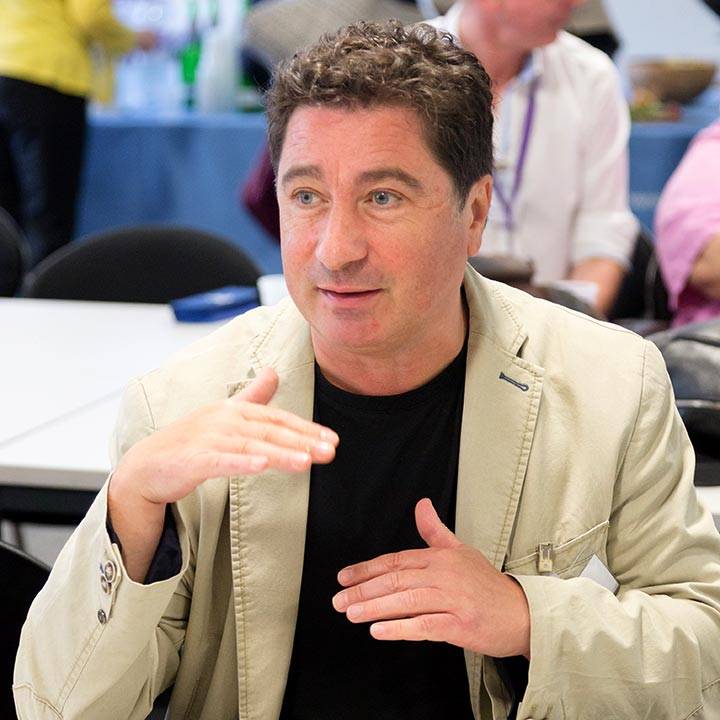Bridges Self Management: empowering stroke survivors
Bridges Self Management Ltd is a pioneering programme that empowers stroke survivors to become more involved in their own rehabilitation. It is the culmination of extensive research led by rehabilitation expert, Professor Fiona Jones from Kingston University and St George's, University of London.
In 2014, Bridges was successfully spun-out from the university to form a new company limited by shares, with a social impact mission in the Articles of Association.
To date, Bridges has reached more than 4500 health and social care practitioners, and 350 healthcare teams.
What did the project involve?
Bridges Self-Management Ltd started with just one CEO and one trainer alongside Professor Jones, and now employs six staff. Turnover has grown steadily, and all of the intellectual property is now transferred over to Bridges. Both Kingston University and St George's University of London sit on the Board.
Bridges believe that person-centred care is fundamental to helping people with long term conditions to live the best life possible. The company has developed an evidence-based, unifying framework for delivery of personalised self-management support, and is motivated by the clinical need of patients with complex acute and long-term conditions to gain equitable access to self-management support.
The framework is used by multiple health and social care teams in both acute and community settings. It fosters cultural change in health and social care by creating a shared ethos of self-management support in a team's language, systems and processes.
Bridges approach to self-management is delivered by practitioners, integrated into everyday practice and personalised to patients' needs – without the need for more resources.
In 2020, during the Covid-19 pandemic, Bridges developed its training for online delivery and has been hosting webinars every two weeks. The webinars can be found on the Bridges website.
Impact of the project
- Patients and their families feel more confident, in control, hopeful, supported, less alone and able to use services more effectively.
- Staff have increased knowledge, skills and confidence in providing self-management support, and their wellbeing and job satisfaction improves.
- Teams work more efficiently (get to the heart of what matters most to patients), and relationships between multidisciplinary team members improve.
Contact us
Partnerships and Business Engagement Team

Contact us
Partnerships and Business Engagement Team